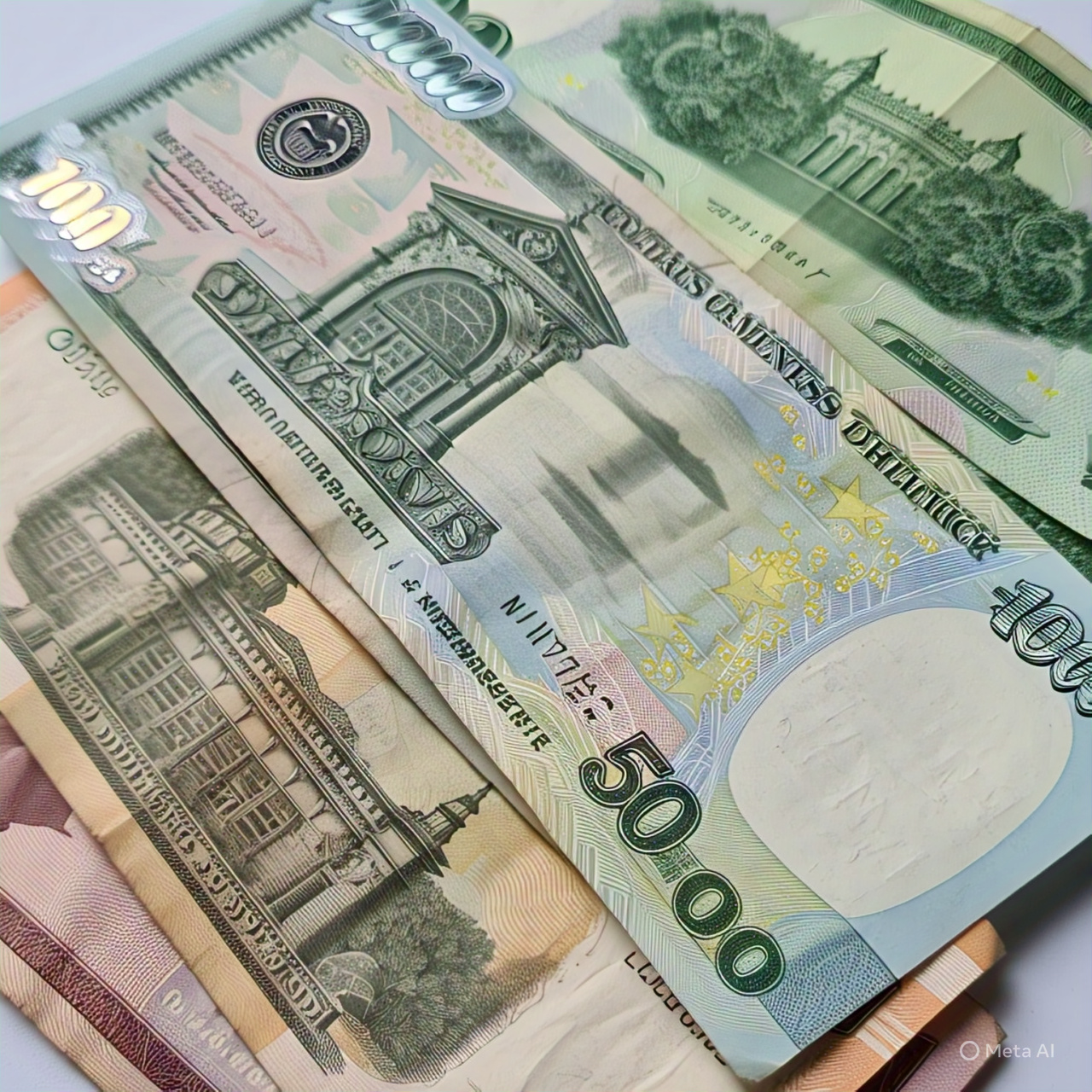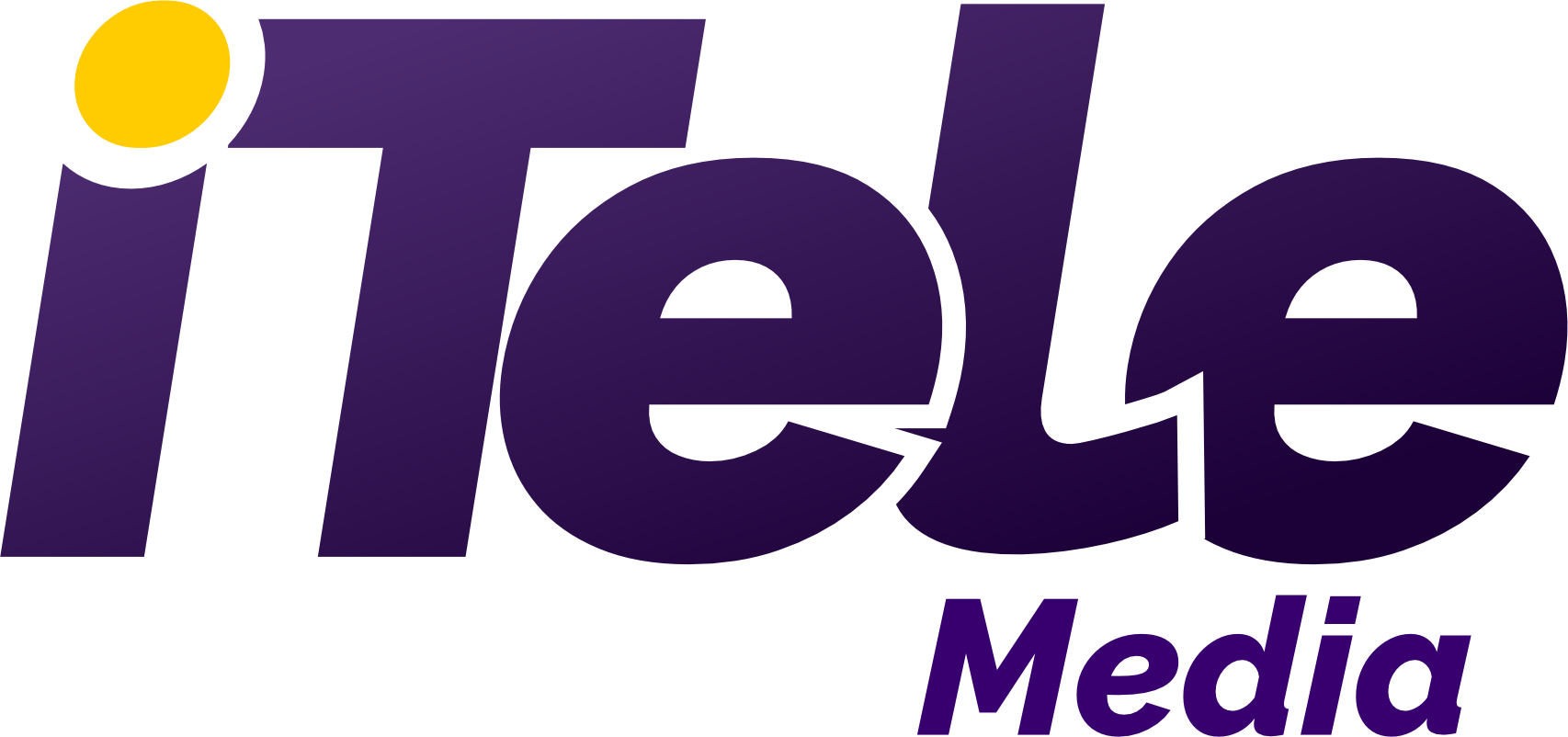INTRODUCTION

In the bustling markets of Lagos and the quiet villages of Nigeria’s hinterlands, a quiet revolution is unfolding. Over the past year, the Central Bank of Nigeria (CBN) reported a staggering N5 trillion drop in physical currency in circulation — a decline that has left ATMs empty, businesses scrambling, and households rethinking how they pay for goods and services. But amid the chaos of this cash crunch, a new narrative is emerging: the crisis is fast-tracking Nigeria’s transition to a digital-first economy.
The sudden scarcity of naira notes, exacerbated by recent policies like the 2023 currency redesign and aggressive cash withdrawal limits, has forced millions to confront a reality where cash is no longer king. For digital wallet providers, however, this disruption has become an unexpected catalyst. Platforms like Opay, PalmPay, and Paga are reporting record sign-ups as Nigerians—once hesitant to abandon cash—flock to mobile money and QR codes to navigate daily transactions.
But what does this seismic shift mean for Africa’s largest economy? Is the decline in physical currency a deliberate push toward financial inclusion, or a chaotic byproduct of monetary tightening gone awry? And can a nation where over 60% of the workforce thrives in the informal, cash-reliant sector truly adapt to a digitized future overnight?
This article delves into the paradox of Nigeria’s N5 trillion cash squeeze: a crisis that’s simultaneously straining livelihoods and supercharging fintech innovation. From crowded market stalls accepting Transfer as payment to farmers using USSD codes for seed purchases, we explore how the naira’s vanishing act is reshaping money habits, challenging policymakers, and redefining the future of finance in a nation at the crossroads of tradition and transformation.
What is Currency in Circulation

Let’s break this down. Currency in circulation (CIC) isn’t just the crumpled naira notes in your pocket or the coins jingling in market stalls. It’s all physical cash out there—notes and coins—being used by everyday folks, businesses, and even that roadside suya vendor. Crucially, it excludes. money sitting in bank vaults or central bank reserves. Think of it as the lifeblood of cash-driven economies like Nigeria’s, where ~60% of transactions still rely on physical money.
How is it measured?
The Central Bank of Nigeria (CBN) tracks this like a hawk. Every month, they tally up how much cash is printed, subtract what’s returned to banks, and voilà—you get the CIC figure. For context, Nigeria’s CIC plunged by N5 trillion in early 2023, hitting a 15-year low of ₦982 billion. That’s like suddenly draining a river and watching everyone scramble for new boats.
Why does it matter?
Two big reasons:
1. Economic Pulse : High CIC often signals bustling markets and cash-loving informal sectors. When it drops, it’s either a policy win (hello, digital adoption!) or a red flag (hello, economic freeze).
2. Trust Wars: If people hoard cash, it screams distrust in banks or digital systems. But when CIC nosedives and digital payments soar—like Nigeria’s 1,514% surge in e-transactions since 2018—it’s a messy love story between crisis-driven necessity and slow-burn tech trust.
Fun twist: Nigeria’s cash crunch didn’t just empty ATMs—it forced a digital detour. Imagine your grandma, who once hid naira under her mattress, now squinting at a QR code. That’s the paradox here: the CBN’s cash squeeze bruised daily life but also lit a fire under Africa’s fintech revolution.
The N5 Trillion Drop: Key Data

Let’s get real about numbers. Picture this: In January 2023, Nigeria’s currency in circulation (CIC) stood at a hefty N3.2 trillion . Fast-forward to October 2023, and it’s down to N982 billion. —a jaw-dropping N5 trillion vanish act in just 10 months. To put that in perspective, that’s roughly twice the entire budget of Lagos State for 2024. Gone. Poof.
Why the drama?
The CBN’s naira redesign policy slapped a tight deadline on swapping old notes for new ones. Banks couldn’t keep up. ATMs ran dry. Lines snaked around blocks. And suddenly, ₦1,000 notes became as rare as unicorns. By mid-2023, CIC hit its lowest level since 2008 —when Nokia flip phones were still cool.
But wait, there’s a twist.
While cash evaporated, digital payments exploded. In the same period, Nigeria’s instant e-payments (NIP) hit N38.9 trillion monthly, up 72% year-on-year. Mobile money transactions? A wild 1,200% spike. It’s like the entire country collectively sighed, pulled out their phones, and said, “Fine, let’s do this transfer. thing.”
The irony?
The CBN wanted less cash floating around to curb inflation and kidnapping ransoms (yes, really). But they didn’t expect this —a full-blown cash heart attack. Meanwhile, Point-of-Sale (POS) agents became accidental heroes, charging 10-20% fees just to spit out cash. Grandma’s “hidden under the mattress” savings? Now funding a side hustle for POS operators.
Bottom line: This isn’t just a number on a spreadsheet. It’s a story of policy meets panic, scarcity breeds innovation, and a nation rewiring its DNA—one frustrated network bad oo” text at a time.
Causes of the Decline
Let’s unpack this mess. The N5tn cash vanishing act wasn’t magic—it’s a cocktail of bold policies, desperate adapt-or-die moments, and a pinch of unintended chaos.
1. The CBN’s “Cash Diet” :
Imagine the Central Bank of Nigeria (CBN) as a strict nutritionist. To fight inflation (which hit 28.9% in 2023), they slapped limits on ATM withdrawals (₦20k/day for individuals) and told banks, “Stop feeding Nigerians junk cash.” The goal? Starve the economy of excess liquidity. But instead of a gentle detox, it became a cash famine.
2. Digital Tsunami:
When cash vanished, Nigerians didn’t just panic—they pivoted . Apps like Opay and PalmPay saw user bases balloon by 400% in six months. Even Mama Nkechi, who sold roasted plantains by the highway, started slapping QR codes on her cart. The cash crunch didn’t just nudge people toward digital—it shoved them off a cliff.
3. Naira Redesign Drama:
Remember the 2023 currency redesign? The CBN gave Nigerians 90 days to swap old notes for new ones. Banks botched the rollout. ATMs spat out “No cash” like broken vending machines. Result? N2.7tn of old notes became useless wallpaper overnight. Even kidnappers started rejecting old bills— true story.
4. Inflation’s Silent Heist:
With the naira losing value faster than ice melts in Lagos traffic, holding cash felt like clutching sand. Savvy Nigerians ditched physical notes for mobile wallets or dollars (black market, of course). Why keep ₦1,000 that’ll buy half a loaf tomorrow?
5. Trust Issues :
Here’s the kicker: The more the CBN squeezed cash, the more people distrusted the system. Farmers hoarded grains instead of naira. POS agents became cash warlords, charging 20% fees for withdrawals. It wasn’t just a liquidity crisis—it was a faith crisis.
But here’s the twist :
While the CBN’s policies felt like economic tough love, they accidentally birthed a fintech boom. The same chaos that left traders weeping over empty cash registers also birthed a generation of QR-code fluent grandmas. Nigeria’s economy? Still catching its breath.
Economic Implications
Let’s cut through the noise: Nigeria’s cash crunch is a double-edged sword. On one side, it’s a wrecking ball to daily life. On the other, it’s a wrecking ball building something new .
The Good :
- Inflation’s Slowdown : Less cash sloshing around means less fuel for inflation. By mid-2023, inflation dipped slightly (not enough, but hey, progress).
- Fintech’s Big Break : Digital transactions hit ₦611 trillion in 2023—double 2022’s numbers. Even roadside akara sellers now yell, “Oga, send me transfer”
- Financial Inclusion : Rural farmers using USSD codes? Artisans saving in apps? The unbanked are getting a lifeline— 64% of Nigerians. now use fintech, up from 34% pre-crisis.
The Bad :
- Cash Carnage : The informal sector—80% of Nigeria’s economy —got sucker-punched. Markets emptied. Traders begged customers: “Abeg, pay cash next week.”
- POS Pirates : Desperation birthed a black market. Withdrawing ₦10k? That’ll cost you ₦2k “service charge.” Cash became a luxury, not a right.
- Trust Erosion: When ATMs spit out receipts instead of cash, faith in the system wobbled. “Is my money even *real*?” became a valid question.
The Ugly Truth :
This isn’t just about numbers—it’s about survival. For every tech-savvy youth thriving on Venmo vibes, there’s a widow in Kano struggling to buy rice without cash. The economy’s “digital leap” feels less like progress and more like tripping into a future it wasn’t ready for.
Yet, here’s the plot twist: Nigeria’s pain is birthing resilience. That POS agent charging 20%? He’s now a mini-bank. The grandma using transfer ? She’s a silent fintech ambassador. The crisis isn’t just breaking systems—it’s remaking them, messy stitches and all.
But let’s not sugarcoat it: For millions, cash wasn’t just king—it was oxygen. And right now, Nigeria’s economy is learning to breathe underwater.
Stakeholder Reactions
Let’s face it: Nigeria’s cash crunch turned everyone into a part-time economist—with opinions hotter than a pot of jollof rice . Here’s how key players are navigating the chaos:
1. Central Bank (CBN): “We Meant Well, Honestly.”
The CBN isn’t backing down. Governor Emefiele called the cash squeeze “a necessary bitter pill" to curb inflation and modernize the economy. But even he admitted, “ Timing could’ve been… smoother." Critics? They’re calling it “monetary mansplaining.”
2. Government: “Blame the POS Agents!” (Not Really).
The FG launched “DigiNaira” campaigns, urging citizens to “ embrace the future.” But when angry traders stormed Abuja streets, the Minister of Finance mumbled, “ Transition takes time ”—while quietly fast-tracking grants for POS agents. Priorities, right?
3. Businesses: “We’re Surviving, Barely.”
Small traders like Iya Basira, a pepper seller in Ibadan, now accept transfers but grumble: “Network dey fail when customers need to pay!” Meanwhile, Konga and Jumia are thriving—e-commerce sales jumped 89% as Nigerians shopped online to avoid cash drama.
4. The Public: “Abeg, Who Has Change for ₦1k?”
Social media exploded. Hashtags like #NoCash and #BringBackOurCash trended for weeks. Memes compared ATMs to “NEPA bill promises”—empty. Yet, quietly, millions downloaded Opay. One user tweeted: “I miss cash, but my phone is my wallet now. Thanks, CBN? 5. Experts: “This is… Complicated.”
Economist Ndidi Okonkwo praises the “forced leap toward digitization” but warns: “Excluding rural areas risks a two-tier economy.” Meanwhile, techpreneur Tobi Adekunle laughs: “CBN just handed fintechs a golden ticket. Shoutout to chaos!
The Big Picture:
Stakeholders are stuck between grudging adaptation and outright revolt. The CBN’s vision of a cashless utopia? It’s colliding with Nigeria’s reality—a place where “network issues” can starve a family for days. But here’s the kicker: Even critics admit something had to change. Whether this pain leads to gain? Well, as Nigerians say: “We dey look.”
Case Studies & Historical Precedents
Let’s get nostalgic—and a little petty. Nigeria’s cash crisis isn’t the first rodeo. History’s full of “bold policies” that backfired… or accidentally changed the game.
1. Nigeria’s 2023 Naira Redesign: “Chaos with a Side of Innovation”
The CBN’s deadline to swap old notes felt like a Nollywood thriller. Banks ran out of cash. Protesters burned tires. Even spiritual leaders prayed for ATM refills. But here’s the plot twist: In three months, 23 million new mobile money accounts popped up. POS agents became overnight millionaires. Lesson? Crisis breeds hustle—or as Lagosians say, “No wahala, we dey manage.”
2. India’s 2016 Demonetization: “When Modi Pulled a CBN”
Prime Minister Modi yanked 86% of India’s cash overnight to fight corruption. Sound familiar? ATMs collapsed. Farmers dumped veggies. But digital wallets like Paytm skyrocketed— 200 million new users in a year. Difference? India had better internet and a unified ID system. Nigeria? We’re still yelling "network error!”at MTN shops.
3. Sweden’s Cashless Utopia: “The Future Nigeria Wants… Maybe”
Sweden ditched cash so hard that churches take card donations. Only 1% of transactions use physical money. But here’s the catch: Swedes trust banks and have 97% internet coverage. Nigeria? We’re sprinting toward digital while half the country still fights for network bars.
The Verdict:
Nigeria’s crisis mirrors India’s chaos but lacks Sweden’s groundwork. The naira redesign wasn’t just policy—it was a trauma dump. Yet, like India, it’s forcing a digital awakening. Will Nigeria become a Sweden? Not yet. But kidnappers demanding Bitcoin instead of cash? We’re getting there.
Fun(ny) Footnote:
During India’s demonetization, a man paid his $2 million ransom in old notes. Nigerian kidnappers? They’re now insisting on "transfer only, no old naira.” Even criminals are fintech-savvy now. Progress? Debatable. Entertaining? Absolutely.
Future Outlook

Let’s peer into the crystal ball—or, given Nigeria’s realities, a flickering phone screen mid-"upgrade" alert. Where does the N5tn cash crunch leave us? Buckle up.
Short-Term: “Cashless Purgatory”
Over the next year, expect a messy limbo. POS agents will keep their throne, charging ₦500 for a ₦3k withdrawal (“Smallie, network fee is part of life now”). The CBN might loosen cash limits, but inflation? It’ll cling like a Lagos traffic jam. Markets will hybridize: “Pay cash if you want that tomato cheaper, oya!”
Long-Term: Digital Dominance… Maybe
By 2030, physical naira could be a relic—like *NITEL landlines or pure-honey akara. But here’s the catch: infrastructure or implosion. Without power and internet, digitization is a Nollywood plot twist —flashy but flimsy. Imagine solar-powered POS hubs in Kano markets, though. Kids might mock cash like it’s Stone Age tech.
Policy Pitfalls & Promises:
- Light First, Apps Later : No amount of QR codes will work if communities still trade moonlight for electricity. Fix the grid, abeg.
- Cash Isn’t Evil: Let’s not ghost cash completely. Grandma’s aso-ebi sales still need paper notes—for now.
- Guard the Gates: As digital payments soar, so will scams. Cybercrime no be joke*—secure the system before Yahoo Boys declare it a playground.
The Twist :
The CBN wanted to control cash, but they’re spawning a rebellion. Crypto, stablecoins, and POS “micro-banks” are filling voids. Future Nigerians might trade in Bitcoin and pqBellefull Coins (a pure water vendor’s crypto, perhaps?).
Final Word:
Nigeria’s economy is learning to tango on a tightrope. Painful? Yes. Hopeful? Ehn, maybe. As the streets say: “No light, no network, but we dey shine.” The future’s uncertain, but if anyone can code-switch between chaos and innovation, it’s Naija.
CONCLUSION
Let’s cut to the chase: Nigeria’s N5tn cash crunch isn’t just a monetary hiccup—it’s a mirror reflecting the messy, resilient soul of Africa’s largest economy. On one hand, the chaos of empty ATMs and POS extortion laid bare the fragility of a system still chained to physical naira. On the other, it revealed a nation sprinting toward digital survival, one “transfer alert” at a time.
The Takeaway :
This crisis wasn’t just about cash vanishing. It was a brutal crash course in adaptation. Farmers in Benue now haggle via WhatsApp. Bus conductors in Lagos shout “Opay or Palmpay, no cash o!” Even kidnappers—yes, kidnappers —demand stablecoins. The CBN’s gamble forced a reckoning: Nigeria can’t cling to cash in a digital age, but it can’t abandon cash without fixing the cracks in its digital bridge.
The Irony:
The same policies that sparked protests and market riots also birthed fintech’s golden era. In 2023, Nigeria’s digital payment value hit ₦611 trillion —double 2022’s figures. Yet, for every success story, there’s a trader in Onitsha still hiding euros in her ceiling. Progress? Yes. Painful? Absolutely.
Final Word:
Nigeria’s economy is a danfo bus navigating potholes at full speed: chaotic, loud, but somehow moving forward. The N5tn cash drop isn’t the end—it’s a messy middle chapter. To the CBN: Fix the roads (read: power, internet, trust) before banning the bus. To Nigerians: Keep that no network, no problem” hustle alive. And to the world? Watch closely. Where Nigeria stumbles, it also innovates. Where it bleeds cash, it births digital warriors.
As the streets say:
“No light, no light… we dey manage torch.” The future’s uncertain, but if there’s one thing Naija teaches us, it’s that crisis and creativity are cousins. And right now, creativity’s winning.
0 comments
Leave a reply
Please login to post a comment.






